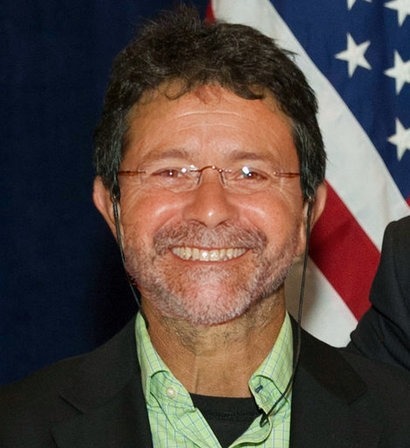
How is water currently heated across the US? What kind of heating systems are in use?
About half of household water heaters use natural gas, 41 percent use electricity, and about 7 percent use propane or fuel oil. Of the electric water heaters, the vast majority use electric resistance.
Tell me something about the new energy efficiency standards issued by the DOE, what is actually being proposed?
The new standards were adopted by DOE in 2010 after an open consultation and analysis process, and took effect last week. One of the most notable changes is a requirement that electric water heaters with capacity greater than 55 gallons must use not more than about half of the energy allowed under the previous standard. That effectively requires the use of heat pump water heaters, rather than the electric resistance units that have been in common use.
What are the estimated costs involved for the industry to manufacture the new water heaters and for consumers to buy them?
DOE’s analysis estimated that the installed cost of a heat pump water heater would be about $900 more than an electric resistance water heater. This higher cost includes both manufacturer’s costs, mark-ups, and installation. It’s important to note, however, that manufacturers and installers are smart, and typically come up with significant cost-saving approaches. In hindsight, DOE’s cost analyses have typically overestimated costs, and underestimated the savings that result as manufacturers and installers learn how to do things better.
How will that be balanced out by savings or other factors?
DOE estimated that energy bill savings would outweigh installed costs, resulting in a net reduction in total consumer costs with a payback period averaging under 10 years.
What kind of heat pumps will be most effective with water heaters – ground source or something else?
I believe that the DOE standard applies to air source heat pumps; I’m not sure how ground source heat pumps would fall under this efficiency standard.
Has there been any political resistance to the new energy efficiency legislation?
There is broad support for the targeted grid-enabled water heater (GEWH) legislation that was developed by negotiation among diverse stakeholders. I haven’t heard of any political resistance or opposition. There is also broad support for water heater efficiency standards. Both the GEWH legislation and the DOE efficiency standards have a great role to play in delivering good outcomes for consumers and the environment. Since water heating is responsible for over 15percent of household energy use, even small improvements in the consumer and environmental performance will make a big difference.
How do these ‘grid-enabled’ water heaters work and how can they be used for energy storage?
To qualify as a grid-enabled water heater as defined in this legislation, a water heater must participate in a utility or other demand response or energy storage program, and meet several other requirements. The water in a hot water tank can store a large amount of energy. There’s usually no need to reheat water immediately after someone takes a shower, or washes dishes or clothes, as hot water is drawn off the top of a tank, while cold water enters at the bottom. A 55 gallon water heater, for example, could supply several hot showers without any reheating before it runs out of hot water.
A storage program can involve a communication from the utility to the water heater to defer reheating for a few hours until wholesale electricity prices are relatively low, or avoid reheating when the grid is particularly stressed. In addition, there is a prospect to use fast communication and control to provide ancillary grid services like frequency regulation and load following.
What will the effect of these be upon the grid itself?
The intended effect of GEWHs on the grid is to lower cost and improve reliability. GEWHs should also enable reheating water heaters at times of lower carbon intensity, e.g., when there is an abundance of wind generation. One objective of this legislation is to facilitate much more analysis and understanding of the consumer, reliability and environmental opportunities available from smart operation of water heaters as providers of storage and ancillary grid services. This is an area with a relative lack of analysis and understanding, and one which is rich with complexity and uncertainty. The GEWH legislation will help encourage rapid improvement in our understanding, and deliver solid information for future policy decisions that will benefit consumers and the environment.
Are these developments being coordinated with water saving recommendations, given the droughts across the US at present?
There is enormous opportunity for improving water efficiency. That, however, is not a focus of this GEWH legislation
What is the target for this? When should this process be complete ideally?
We’ve already seen several manufacturers introduce new heat pump water heaters into the market. This is a great development for efficiency. Regarding GEWH and the opportunity to deliver system (grid) efficiency, as opposed to device (water heater) efficiency, we’d be delighted if the legislation had already passed. The sooner the better, as the efficiency standards that took effect last week now prohibit manufacture of GEWH, which sets back this opportunity to explore and develop grid system efficiency. Ideally, DOE would have adopted an effective waiver for GEWH, but they inexplicably decided a few weeks ago to withdraw the waiver process they’d proposed two years ago.
For additional information:

